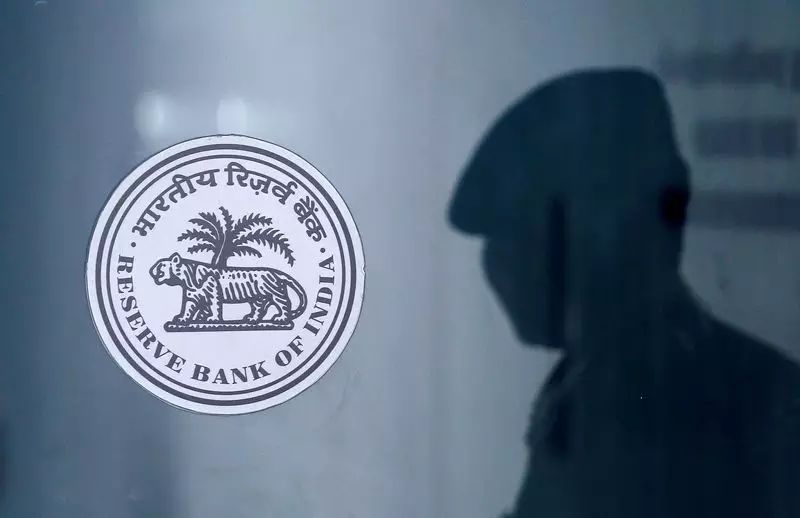In a recent interview, two external members of the Reserve Bank of India’s monetary policy committee (MPC) expressed their views on the need for an interest rate cut to sustain high growth in India’s economy. Ashima Goyal and Jayanth Varma, both of whom voted to cut the benchmark rate at the last policy meeting, argued that food price shocks have not contributed to broader inflationary pressures. However, their dissenting votes were outnumbered by the four members who opted to keep the rate unchanged at 6.5%.
The growing concerns among policymakers about the momentum in India’s economy are evident, even as inflation remains above the RBI’s 4% target. Jayanth Varma emphasized that the impact of monetary policy typically works with lags of three to five quarters, indicating that any rate changes now would affect growth in the following year rather than the current year. Despite the robust growth seen in the fiscal year ended March 2024, with a growth rate of 8.2%, the RBI projects a slowdown to 7.2% in the 2025 fiscal year.
Ashima Goyal highlighted that food price shocks, which have kept inflation above the central bank’s target, have not had a sustainable effect on inflation or inflation expectations. In her view, it is time to move forward after observing the impact of these shocks for a year. Goyal suggests that even a modest 25 basis point rate cut would not compromise the disinflationary stance of monetary policy in bringing inflation credibly to the target.
On the other hand, Shashanka Bhide, who voted for maintaining the status quo, acknowledged the importance of aligning inflation with the target. However, he also recognized that high real interest rates are not conducive to growth. Bhide pointed out that while the immediate spill over from high food inflation to headline inflation may not be evident, it does have indirect effects on wage rates, subsidies, and sectors dependent on food products as raw materials.
Despite the differing opinions within the MPC, Governor Shaktikanta Das has emphasized the need for tight monetary policy to address inflation that remains well above the 4% target. While external members like Goyal and Varma advocate for an interest rate cut to support growth, there is a consensus on the importance of balancing inflation targeting with economic expansion. Lower real rates, combined with lower inflation rates, are considered key factors for promoting sustainable growth in India.
The debate over interest rate cuts in India highlights the delicate balance between stimulating economic growth and controlling inflation. The insights from external MPC members underline the need for a nuanced approach to monetary policy that considers both short-term economic indicators and long-term sustainability. As India navigates its path towards recovery and growth, the decisions taken by the central bank will play a crucial role in shaping the country’s economic trajectory.

